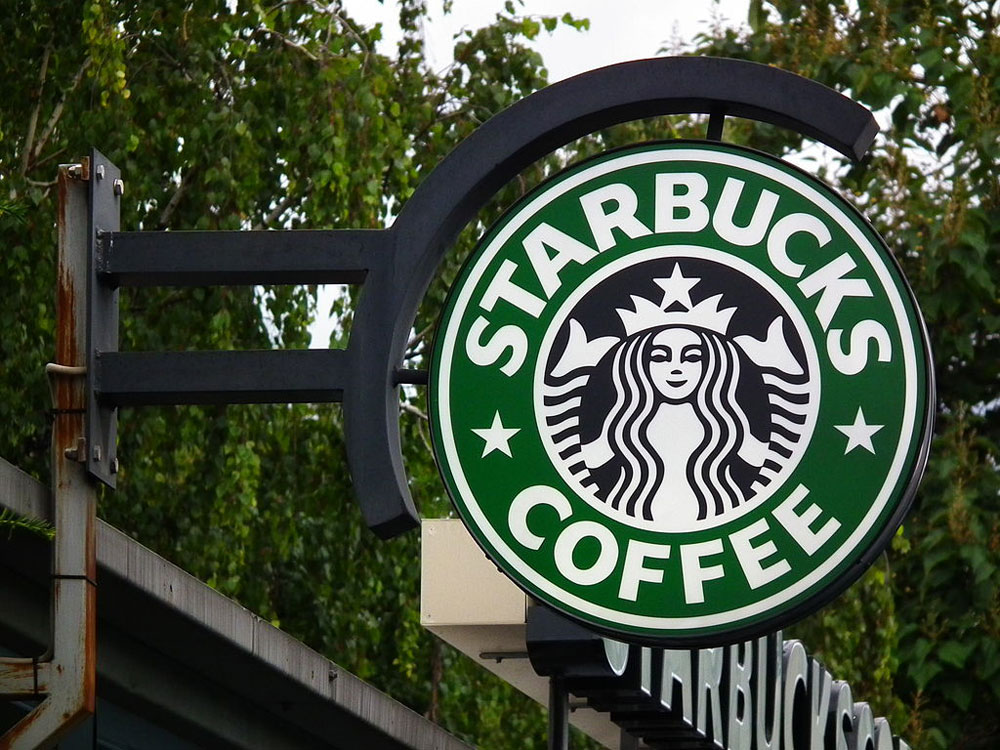
November 1, 2019; Black Enterprise
Starbucks Coffee Company has announced a $10 million investment in four nonprofit community development financial institutions (CDFIs) in Chicago, Black Enterprise reports. Accion Chicago, Chicago Community Loan Fund, Local Initiatives Support Corporation, and IFF will use the funds to make more than 500 loans to small businesses and community projects.
Readers may recall that a Philadelphia Starbucks was the site of a 2018 incident in which two Black men were arrested for sitting without making a purchase. The two men, who were waiting for a friend, spent eight hours in jail. The incident led to an apology from Starbucks and a day-long racial bias training for Starbucks employees during which all 8,000 US Starbucks stores were closed. The company also promised to provide bias training to all new hires.
Complaints of discrimination had surfaced at Starbucks stores prior to the 2018 incident. The company even tried, in 2015, to foster discussion about race in part by writing the words “race together” on cups. The effort was not a success.
Sign up for our free newsletters
Subscribe to NPQ's newsletters to have our top stories delivered directly to your inbox.
By signing up, you agree to our privacy policy and terms of use, and to receive messages from NPQ and our partners.
Starbucks seems to be having a moment with Chicago, a city with a population that is 31 percent Black. In addition to this investment in these four CDFIs, in the coming weeks, Starbucks will open a new Reserve Roastery on Chicago’s Magnificent Mile that’s expected to create 200 jobs. Other similar roasters are located in Seattle, New York, Tokyo, Milan, and Shanghai.
CDFIs certainly need and depend on below-market-rate loans, often from banks or foundations, to do their work. (The terms of the Starbucks loan are not mentioned in the press release.) CDFIs then loan these funds to entrepreneurs who can’t get financing from a bank. These are often people with low income or low assets, including women entrepreneurs and people of color. The CDFIs charge their clients interest and fees, just like a bank, so they are able to repay the loans and recoup some of the expense of lending. Sometimes businesses and foundations pair the loans with grants to help the CDFIs defray the costs of lending and mentoring their clients. (Starbucks’ press release makes no mention of grants, only loan funds.)
We don’t know for sure if the investments in Chicago and the Philadelphia incident are connected. Corporate philanthropy typically has marketing intentions, and this investment by Starbucks is likely no different. Still, giving to support loan funds and entrepreneurs in communities of color is an excellent placement for the money.—Catherine Jones













